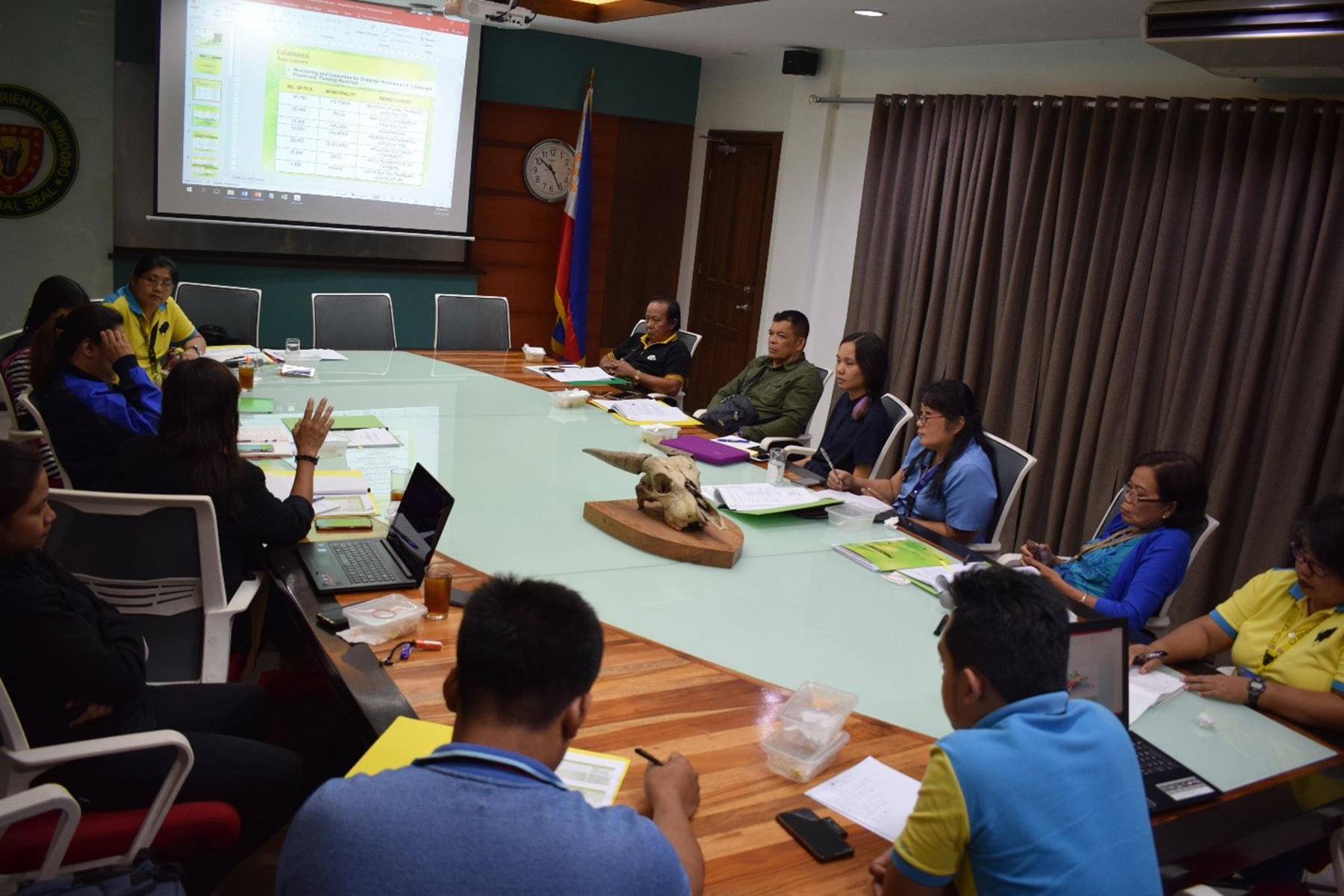CALAPAN CITY, ORIENTAL MINDORO – The initiative of the Philippine Rural Development Project (PRDP) to institutionalize its studies on the value chain analysis of commodities produced positive collaboration between the government agencies and other stakeholders in Oriental Mindoro.
Since the beginning of PRDP’s implementation in the province, the local government has been keen on improving the production of its champion commodities.
During the 4th Convergence Meeting on the Implementation of the Provincial Commodity Investment Plan (PCIP) for Oriental Mindoro, the calamansi was still highlighted to have received different interventions from different government agencies.
The Department of Science and Technology in particular established a National Calamansi Research and Development Center together with the Mindoro State College of Agriculture and Technology (MINSCAT) for the purposes of further product development for calamansi.
The Provincial Government is also eyeing to work with the MINSCAT to conduct a study on the variety quality of calamansi in Oriental Mindoro.
The Bureau of Plant Industry, on the other hand, distributed calamansi seedlings to farmers in cooperation with the Provincial Agriculture Office as part of their intervention in giving technical support.
The Department of Trade and Industry (DTI) and the Department of Agrarian Reform recognized the calamansi gummy and candy that are possible new products that the province can develop as a new pasalubong item. As agreed in the said meeting, their proposals will be presented in the Sangguniang Panlalawigan meeting by Provincial Agriculturist Christine Pine.
As far as the banana and virgin coconut oil (VCO) commodities are concerned, according to the attendees of the convergence, it will be the next commodities that the province will highlight after calamansi.
While the DTI has not yet specified new projects for the VCO industry, the agency has funding for interventions in the PCIP that matches their existing ones. The ball is now in the Provincial Government to coordinate their needs to the concerned agency for the continuous implementation of the PCIP.
As a last note, the local government expressed that they are actively calling for proposals from cooperatives or associations who are ready to take advantage of this opportunity.


